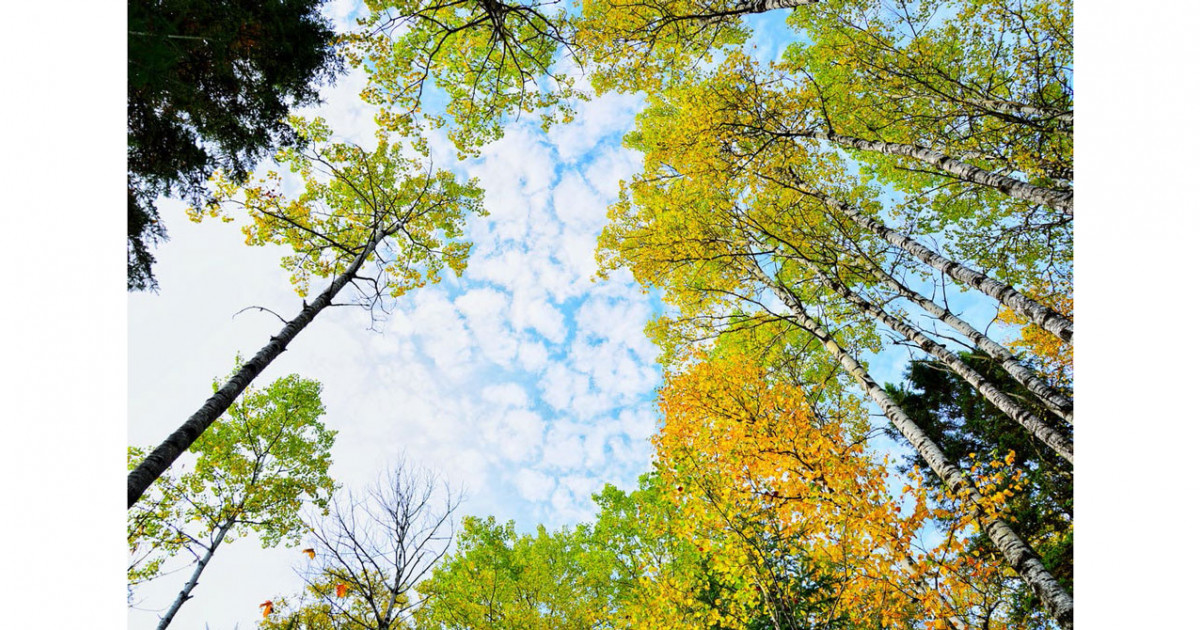Aboriginal Affairs Minister Ben Wyatt today urged residents in remote communities to follow health advice to protect against the potential health impacts of COVID-19, stressing the importance of residents not travelling between remote communities and not gathering in large numbers for funerals or other purposes.
While there has yet to be any confirmed cases outside the Perth metropolitan area, infiltration of the virus beyond the city to regional centres and more remote parts of the State is a distinct possibility.
Mr Wyatt emphasised that residents in remote communities should remain vigilant, and pay close attention to the advice of their health providers, especially people with pre-existing conditions such as respiratory disease, vascular disease, high blood pressure, kidney disease and diabetes.
People should familiarise themselves with the symptoms of COVID-19 and maintain strong hygiene practices, including coughing or sneezing into a tissue or their elbow, and regular handwashing with soap and water.
Avoiding large gatherings of people is another way of limiting the potential of contracting COVID-19. Just as restrictions have been put into place to limit large gatherings at events such as the footy and the cricket, the Government is urging people in remote communities to strongly reconsider their need to attend large events like funerals and ceremonies.
The Minister expressed concern about the impact that COVID-19 could have on those who live in remote areas, and urged people to avoid non-essential travel to remote communities. Tourists are also advised not to visit remote communities during this time.
He also conveyed his support for communities that decide to self-isolate and placed restrictions on people entering communities. The Minister stressed the importance of respect for communities’ wishes in this regard. State Government officers and service providers have already taken action to discontinue all non-essential travel to remote communities to help prevent transmission of the virus.
The State and Commonwealth governments are meeting regularly to discuss co-ordinated responses to the COVID-19 and as part of that we are considering measurers to help remote communities specifically.
Additional guidelines to assist remote communities are being developed as part of the newly formed National Cabinet.
As stated by Aboriginal Affairs Minister Ben Wyatt:
“The isolation of our remote Aboriginal communities can be a positive thing in our efforts to fight the spread of COVID-19, but we can’t afford to be complacent.
“That very isolation and remoteness can pose significant challenges for health providers if and when the virus does reach a community. Aboriginal communities have some of the highest rates in WA of many of the health conditions that are known to pose potentially life-threatening complications in association with COVID-19.
“While I understand how important ceremony and sorry business are to Aboriginal people, I urge everyone to consider the implications of travelling between communities and potentially spreading or contracting the virus.
“Sadly, communities need to rethink attending funerals in large numbers at this point in time.
“Please think about your physical wellbeing, and that of the most vulnerable people in the community, and listen to and act on the advice of your health providers.”







